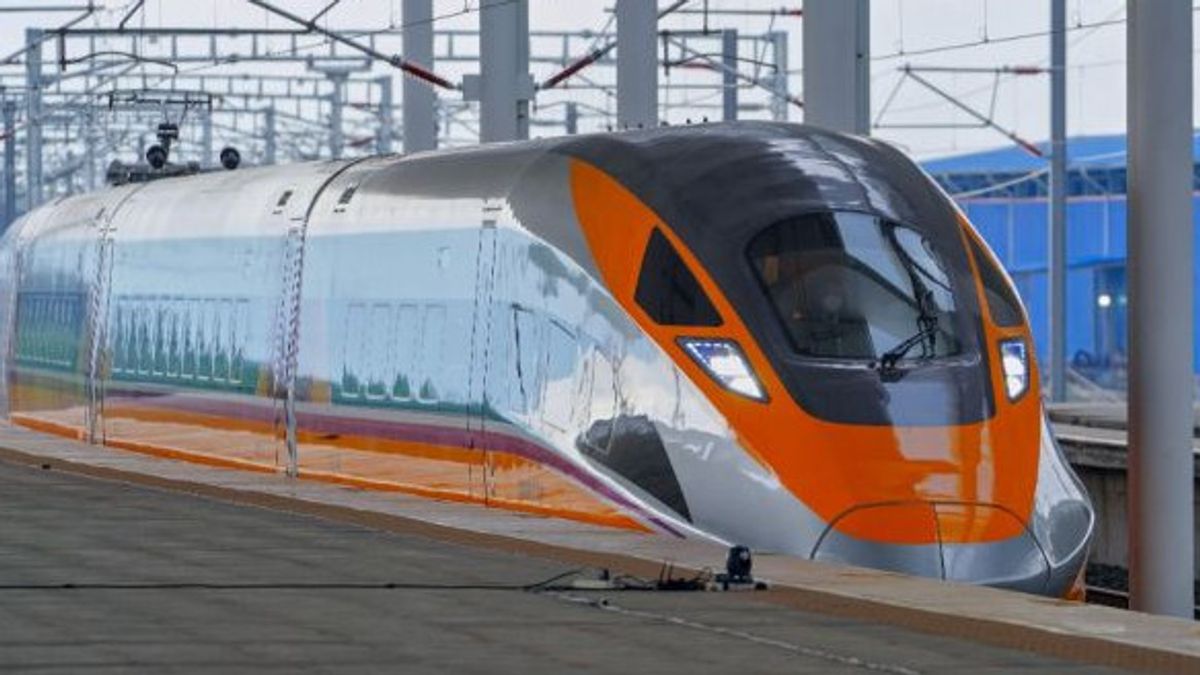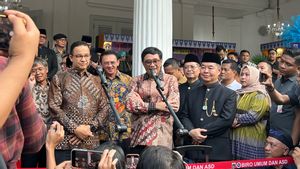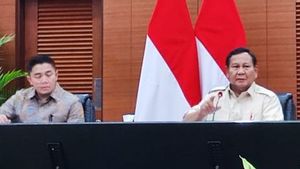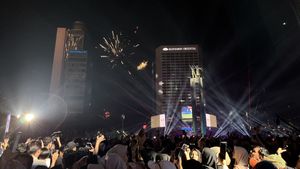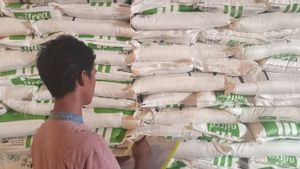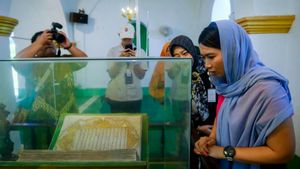JAKARTA - PT Kereta Cepat Indonesia-China (KCIC) continues to carry out Testing & Commissioning to ensure readiness for the operation of the Jakarta Bandung Fast Train (KCJB). The test is carried out using a Comprehensive Inspection Train or KCJB Inspection Train with a speed of 180 km per hour.
KCIC's Corporate Communication Manager, Emir Monti, said the inspection train was tasked with ensuring the safety and maintenance of the Jakarta-Bandung high-speed train.
Furthermore, Emir said this inspection train is equipped with advanced technology and is tested to detect more than 60 technical parameters in real time.
"The examination was carried out to determine the status of equipment in the lane, upper flow electricity, communication, signaling, and the dynamic response of the train. This includes detecting potential issues from operations and conditions in the neighborhood around the train," Emir said in an official statement, quoted on Sunday, May 28.
Emir explained that the KCJB Inspection Train is a means used by KCIC to check the electricity network, signaling, communication, and condition of the Fast Train line. This Inspection train has the characteristics of a yellow train body.
The KCJB Inspection Train has a length of 208 meters consisting of 8 trains. The function of each train is four trains for the inspection room, 2 trains for the work room, 1 train for the meeting room, and 1 train for restoration.
"This Inspection Train weighs 450 tons overall. However, this Inspection Train is as fast as the KCJB Passenger Train or EMU which has a design speed of up to 420 km per hour," he said.
Furthermore, Emir said, currently the Inspection Train is periodically run by KCIC to test the readiness of the KCJB route. The speed has been increased from the previous 60 km per hour to 180 km/hour.
We will continue to increase the speed of the Inspection Train gradually, until it reaches its technical speed peak at 385 km per hour. To achieve this, KCIC together with all contractors continue to evaluate and improve infrastructure at various points," concluded Emir.
The English, Chinese, Japanese, Arabic, and French versions are automatically generated by the AI. So there may still be inaccuracies in translating, please always see Indonesian as our main language. (system supported by DigitalSiber.id)
